Statement by H.E. Ms. Nataša Pirc Musar, President of the Republic of Slovenia, at the UNSC High-Level Open Debate on “Maintenance of International Peace and Security: Artificial Intelligence and International Peace and Security”
Thank you, Mr. President,
Let me begin by extending our gratitude to the Republic of Korea for convening today’s Open Debate.
I would also like to welcome and thank the Secretary-General, as well as Mr. Bengio and Ms. Choi.
Mr. President,
In my previous life, I was a lawyer, dealing with human rights. Especially, I was connected to data protection, so heavily involved in the development of modern technologies. This is why this topic is very close to my heart. I have learned something regarding artificial intelligence: artificial intelligence is neither artificial nor intelligent. It’s not artificial because it only possesses the knowledge that we gained through the centuries and it’s not intelligent because it hallucinates all the time. And if artificial intelligence is going to hallucinate in automatic weapons connected to AI, then nothing good will happen at the end.
Mr. President,
Since my last visit to the Security Council two years ago, the world has witnessed the growing digitalisation of warfare. Contemporary conflicts – from Gaza, Sudan and Ukraine – have become testing grounds for the military use of new technologies. Soldiers on the ground can commit terrible acts against others. Some may develop a guilty conscience over the years. Some former combatants even apologise to those they harmed. Algorithms, armed drones and robots created by humans, however, have no conscience. We cannot appeal to their mercy or beg them to spare their loved ones.
This is the world in which technology is increasingly determining humanity’s fate.
One must agree with the Secretary-General that artificial intelligence represents both an existential threat and one of the greatest opportunities of our generation. One might even add that AI can also pose a risk to our daily lives. As with many things, excess never does any good. Just as the excessive use of social media can create dependency, excessive reliance on AI calls into question our own intellect, our capacity to think and our ability to make independent decisions. It is like our muscles: if we don’t exercise them regularly, they atrophy.
On the other hand, there are countless tasks that AI can perform more accurately and efficiently. Its “solutions” are based on quantities of data far beyond human capacity to process. In supporting UN peace operations, AI can assist with multilingual translation, summarising field reports, planning routes and optimising logistics, as well as consolidating overlapping or fragmented information into a coherent picture. For conflict prevention, AI can be harnessed positively to identify food insecurity and predict displacement caused by extreme events and climate change.
Mr. President,
We acknowledge and welcome the important discussions taking place within the United Nations on the use of lethal autonomous weapon systems and on AI in the military domain. We thank the Republic of Korea for its leadership on the latter. As an expert has warned, the three biggest risks involved in the development of AI-powered weapons are, first: these weapons may make it easier for countries to become involved in conflicts; second, non-military scientific AI research may be censored or co-opted to support the development of such weapons; and third, militaries may use AI-powered autonomous technology to reduce or deflect human responsibility in decision-making.
From the perspective of the UN – the cornerstone of the system of collective security – AI has already become a reality with a visible impact not only on peace and security, but also on its other two pillars: human rights and development. It has not only entered the battlefield. The AI can be misused in so many ways: through AI-accelerated cyberattacks, its proliferation in terrorism and organised crime, or its environmental impact. This further exacerbates threats to international peace and security.
Therefore, Mr. President, this debate is timely. The far-reaching impact of AI on international peace and security, by its very nature, requires action by the Security Council, which bears the primary responsibility under the UN Charter for the maintenance of international peace and security.
The Security Council must be prepared to respond to the impact of AI on global peace. I trust that today’s meeting is just one of many activities in the Security Council and the United Nations system to discuss the presence of AI in international relations.
To this end, Slovenia calls for regular briefings by the Secretary-General to the Security Council on developments in the field of artificial intelligence that affect international peace and security, so that the relevant risks can be recognised, understood and above all addressed.
We further call for the inclusion of discussions on AI-related risks on the Security Council agenda, to ensure the protection of civilians, humanitarian aid and UN personnel, as well as the effective implementation of mandates for peace operations.
We are also willing to consider concrete actions by the Security Council, including recognising that decision-making on AI must be guided by international law, in particular international humanitarian law and international human rights law, as well as ethical principles, to ensure its responsible use in maintaining and promoting international peace and security.
To conclude, Mr. President,
While we address the risks of AI, it is crucial to remember that behind every algorithm and every automated decision stands a human being who wrote the code. This simple fact underscores the central principles of human responsibility and accountability – principles that must remain at the heart of both our national approaches and our multilateral efforts.
And just to say one more sentence – Professor said that transparency is of significant importance. Without transparency of algorithms, the supervision of AI systems is not going to be possible. And you mentioned, Professor, also the trust among countries. We are facing the lack of trust today not only in politics, in business, but also in modern digital world. The lack of trust is an obstacle, and if it’s going to be an obstacle, at the end, the lack of trust and obstacles are going to be so big that we will all lose.
Let this be my final word and thank you for inviting me here, to the Security Council, and I wish you all the best in the future work, Mr. President.
Thank you.

